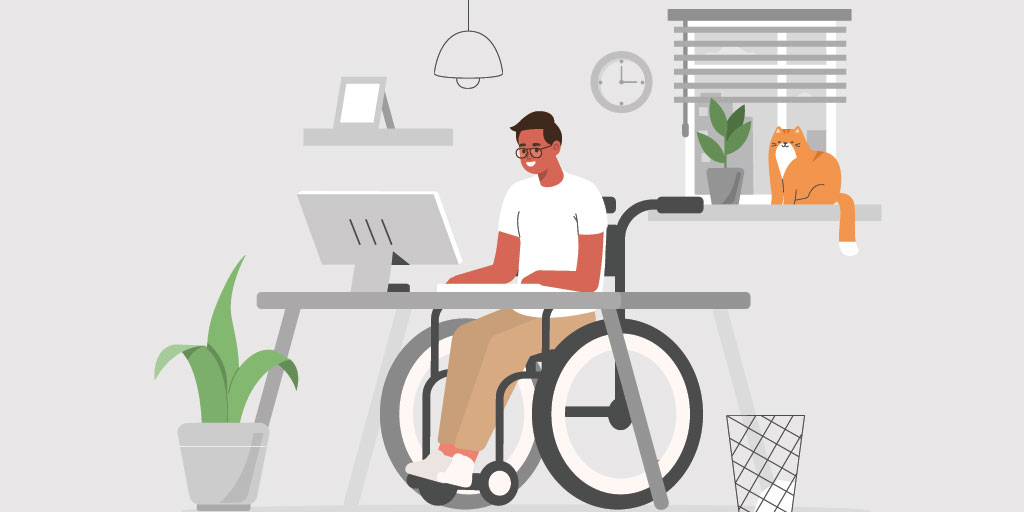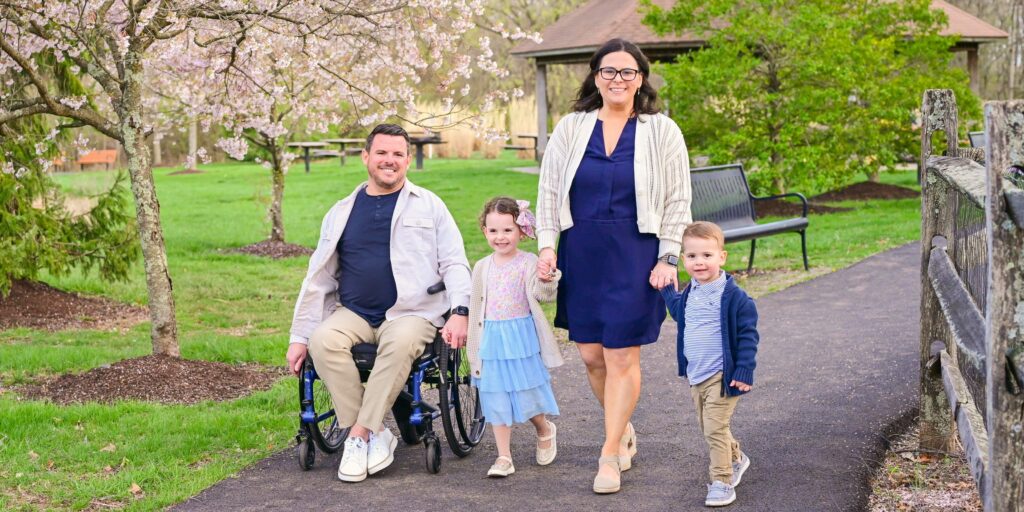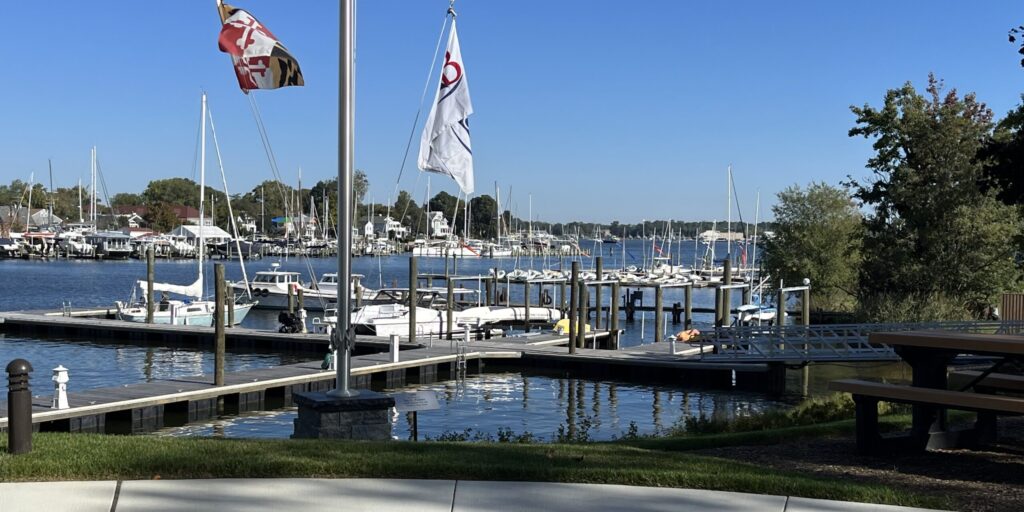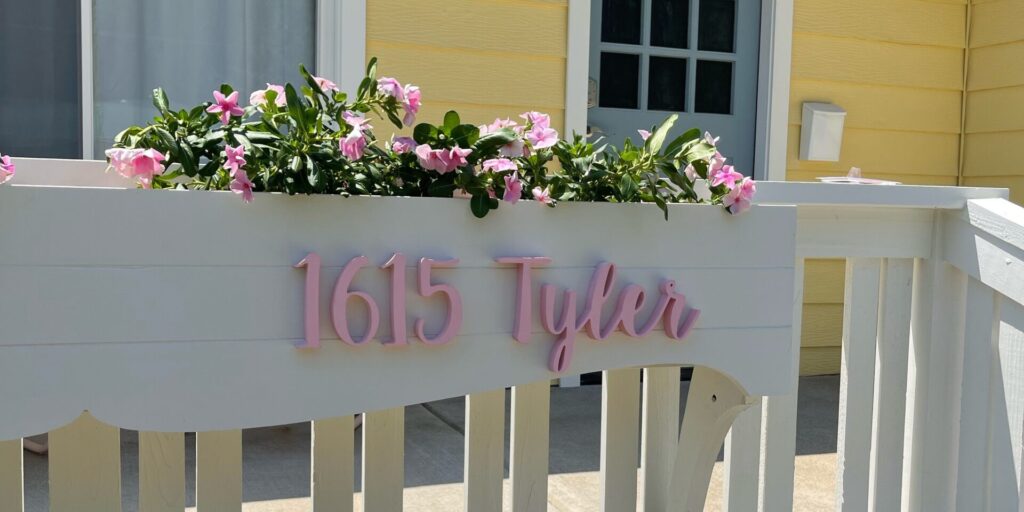
Affordable Accessibility at Home or On the Go
By Elizabeth Millard | Tuesday, February 23, 2021
Whether converting a van for wheelchair access, modifying a shower, or widening doorways, maximizing accessibility is at the top of the to-do list for many individuals and families living with neuromuscular disease. However, the cost and the difficulty of planning these changes keep many people from checking those items off their list.
“When you’re making home or vehicle changes, it can add up quickly and be a financial strain in many cases,” says occupational therapist Brittany Ferri, OTR/L, founder of Simplicity of Health in Rochester, NY. “Fortunately, many families find that there’s help out there and resources that can make their investment go further than they might think.”
Not sure where to look or how to get started? Brittany and other experts suggest these steps.
Assess your needs
When determining what you need to spend, consider whether the items on your list are truly necessary — some of them may be nice to have but not worth the expenditure. Talk with your healthcare team before making decisions on modifications.
“When making modifications less costly, it helps to be a bit creative,” says Rafael Salazar, OTR/L, owner of Rehab U Practice Solutions in Augusta, Ga. ADA guidelines can give you benchmarks for doorway and ramp dimensions. From there, an occupational or physical therapist can point you toward adaptive equipment that may meet standards and be individualized for you without requiring a total home overhaul.
“Focusing on equipment that can take the place of potential modifications could save you a lot of money when hiring contractors,” Rafael says. “For example, you may not need to tear down walls or redo the entire bathroom; maybe you just need to change a doorway or be more strategic with grab bars.”
Get expert help
In addition to occupational therapists, other professionals can offer advice on affordable modifications. Having conversations with several contractors could be useful — not just about what they can provide, but also whether they know of any local programs that can assist with financial help.
“Contractors are usually very connected to their communities; they tend to have large networks,” says Amber Ward, OTR/L, occupational therapy coordinator at Atrium Health in North Carolina. “Maybe there’s a community resource you didn’t think about, such as clubs or programs, and getting the word out can help you get connected to those.”
For example, local organizations like the Elks, Rotary, and even the Boy Scouts could result in additional funding or labor. Amber notes that in one case, a client had a ramp installed as part of an Eagle Scout project. If you’re doing straightforward home modifications, consider calling vocational schools with carpentry programs — you could be part of an apprenticeship project or learning opportunity.
Another major expert to consult: Your local mobility equipment dealer or a car dealer that has experience with wheelchair-accessible vehicles. States offer various grants and assistance programs for vehicle modifications, and dealers typically know what’s available in your area. Plus, you could get a more affordable option through the dealership itself, adds Trevor Jennings, director of partner relations at the National Mobility Equipment Dealers Association.
“Nobody knows more about how to finance a vehicle than the people who sell them,” he says. “They want to help you get funding, and if you find a dealer who has experience with modifications, that’s even better.”
For instance, nearly every car manufacturer has a mobility rebate program that can pay for between $1,000 and $3,000 in modifications for their vehicles. That amount won’t cover a full van conversion, according to Trevor, but if you need hand controls installed or other modest tweaks, the rebate could go a long way toward covering the cost.
Look at larger organizations
In addition to community groups and statewide organizations, Amber suggests thinking big — as in national — when assessing your options. For example, some nonprofits, like Rebuilding Together or Rural Housing Repair, fund home modifications that enable independent living for families all over the nation. Also, if you’re a veteran, talk to the Veteran’s Administration about possible options.
Even some national retailers can be useful. If you buy a product at Best Buy, especially smart home products that need to be set up, talk to the Geek Squad about coming to your home for installation.
“In many cases, simply explaining your situation may be enough to have them waive an installation fee,” says occupational therapist Brittany. “Large companies sometimes have programs and policies in place that they don’t advertise but will offer if you ask.”
The most prevalent advice: Keep asking. As Amber noted about contractors, you simply never know what resources are available until you put the word out. In addition to finding funding sources, keeping this communication going also can be useful for hearing about new mobility products, strategies other people have tried in their own homes and vehicles, gently used equipment or vans that might be coming up for sale, or community programs.
“Making a home and vehicle more accessible is tough enough without adding the stress involved with affording it,” Brittany says. “Although you can see these modifications as investments, it’s very possible you don’t need to do as much as you think to see benefits, and you may not have to cover the whole cost on your own.”
Elizabeth Millard is a freelance writer in northern Minnesota.
Stretch Your Budget
Cash grants, rebates, used equipment, and donated labor are all options to make your home or vehicle modification budget cover more. These resources can help.
Disabled Dealer: Online marketplace for used accessible vehicles and other equipment. disableddealer.com
National Mobility Equipment Dealers Association: Offers information on funding and financing, a guide to mobility equipment options, and a dealer locator. nmeda.org
The Mobility Resource: Lists state grants and other resources for financing accessible vehicles. themobilityresource.com/financing-handicap-accessible-vehicles
Rebuilding Together: Helps people build new homes or modify existing ones to make them more accessible. rebuildingtogether.org
Rural Housing Repair Loans and Grants: Funded by the US Department of Agriculture. Recipients must be 62 years or older and from low-income households, and funds may be used to modify existing residences. benefits.gov/benefit/402
The Benevolent and Protective Order of Elks: Offers support at individual and community levels. elks.org
National Resource Center on Supportive Housing and Home Modification: Offers a state directory for finding local resources for home modification financial aid. homemods.org/ national-directory
State Grants: Find the Housing and Urban Development (HUD) office in your state to look for grants related to modifications. hud.gov/states
Find Resources
The MDA Resource Center can help guide you to national and local resources for improving accessibility. Contact us at 833-ASK-MDA1.
TAGS: Featured Content, Finance, Resources, Travel
TYPE: Featured Article
Disclaimer: No content on this site should ever be used as a substitute for direct medical advice from your doctor or other qualified clinician.




